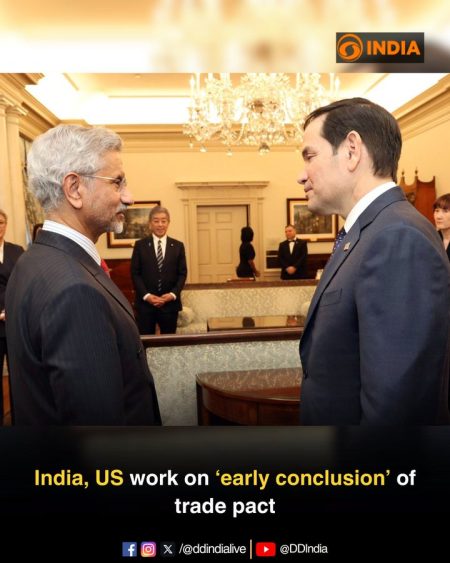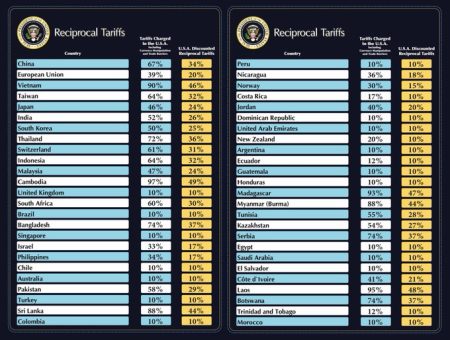
A recent survey revealed that venture capitalists backing Kamala Harris’ presidential campaign prioritize women’s reproductive rights, climate change, and a more startup-friendly environment. The survey, released on August 28, gathered insights from 225 of the 800 venture capitalists who signed an open letter supporting Harris, detailing their reasons for endorsing her and highlighting the policies they find most important.
Nearly all respondents strongly opposed the Supreme Court’s decision to overturn Roe v. Wade, recognizing its impact on women, particularly in the workplace. Leslie Feinzaig, CEO of Graham & Walker and initiator of the pledge, emphasized that these are not just social issues but critical business concerns.
Investors and executives view Harris as a candidate with a deep understanding of technology, given her California roots and connections to Silicon Valley. They fondly recall the Obama administration’s approach to the tech industry, contrasting it with the current, more critical stance in Washington.
The open letter, titled “VCs for Kamala” and disclosed in July, includes notable figures such as Reid Hoffman of Greylock and Vinod Khosla of Khosla Ventures. The survey respondents, who provided their feedback anonymously, were predominantly men, white, and aged between 35 and 64. Although party affiliation wasn’t required, about 70% of those who disclosed their political leanings identified as Democrats, while 30% were Republicans or independents.
A significant 97% of respondents expressed the need for leaders who are knowledgeable about emerging technologies like AI and cryptocurrency to create effective regulations. Additionally, nearly 92% believed the government should hire more tech-savvy talent.
Interviews with entrepreneurs outside the investor-focused survey offered further insight into the expectations of Harris’ Silicon Valley supporters. Eric Ries, an entrepreneur and author of “The Lean Startup,” stressed the importance of having the smartest people in government who can navigate both military and civilian applications of AI.
The United States has fallen behind Europe in passing comprehensive AI legislation, though President Biden’s executive order last year mandated that AI developers report safety tests in cases of security or health risks. Aaron Levie, CEO of Box, argued that current regulations should target the applications of technology rather than the underlying AI models, which are still developing. He emphasized that these regulations, along with immigration policy, will shape the long-term trajectory of AI leadership in the U.S.
The survey also revealed that 94% of respondents support increasing the availability of H-1B visas, essential for tech companies seeking skilled talent from abroad. Additionally, Silicon Valley business leaders desire a smoother process for startups to go public or be acquired by larger companies.
Despite their support for Harris, some Silicon Valley figures have expressed concerns about certain Democratic policies. For instance, President Biden’s Federal Trade Commission, led by Lina Khan, has taken legal action against major companies like Amazon and Microsoft to combat alleged monopoly practices and promote competition. While Reid Hoffman and media mogul Barry Diller have suggested that Harris should replace Khan, they have not commented on their broader economic priorities for the next administration. An FTC spokesperson has defended Khan’s actions, stating that she has protected consumers and entrepreneurs from corporate abuses.









